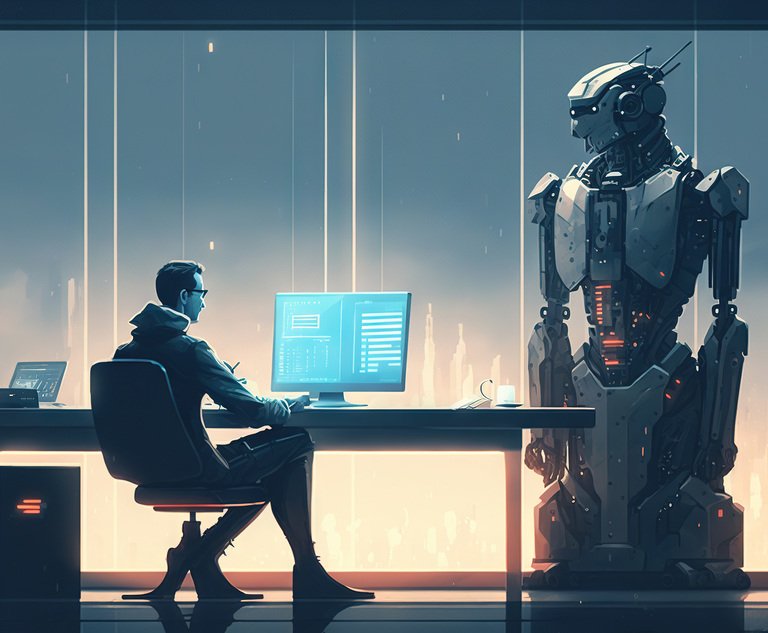As a lawyer in legal tech who thinks about contracts for a living, and as one who has made his fair share of drafting mistakes, I’ve watched in awe as the legal industry moves ahead with plans to use generative AI such as ChatGPT to improve the contract drafting process. I’m also a bit skeptical.
Contracts generated using large language models will only be as good as the underlying data sets allow. Contract templates typically recycle confusing language from prior transactions, which frequently leads to disputes about the intended meaning. The endless cycle also impedes the understanding of lawyers in training, and consumers and small businesses, who frequently lack bargaining power and feel like they have no choice but to sign contracts that they cannot comprehend.
This content has been archived. It is available through our partners, LexisNexis® and Bloomberg Law.
To view this content, please continue to their sites.
Not a Lexis Subscriber?
Subscribe Now
Not a Bloomberg Law Subscriber?
Subscribe Now
LexisNexis® and Bloomberg Law are third party online distributors of the broad collection of current and archived versions of ALM's legal news publications. LexisNexis® and Bloomberg Law customers are able to access and use ALM's content, including content from the National Law Journal, The American Lawyer, Legaltech News, The New York Law Journal, and Corporate Counsel, as well as other sources of legal information.
For questions call 1-877-256-2472 or contact us at [email protected]


 Credit: artem/Adobe Stock
Credit: artem/Adobe Stock




